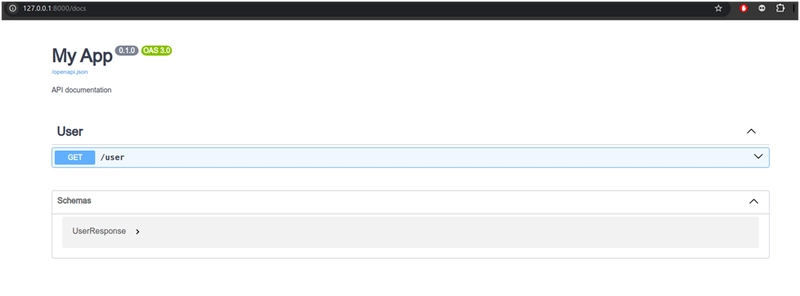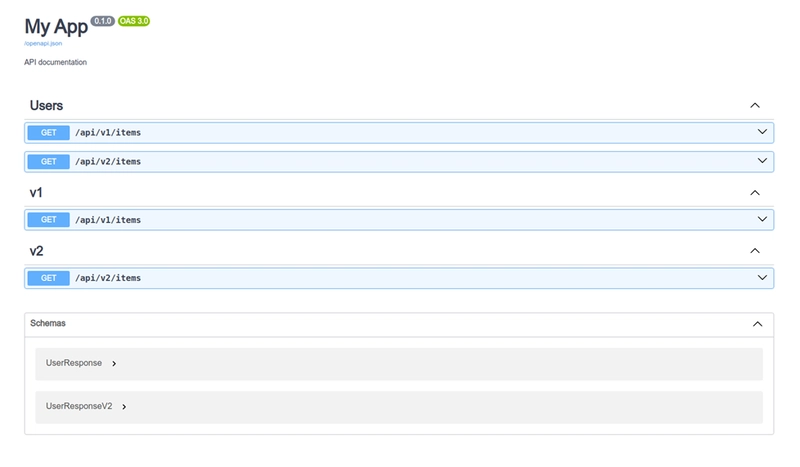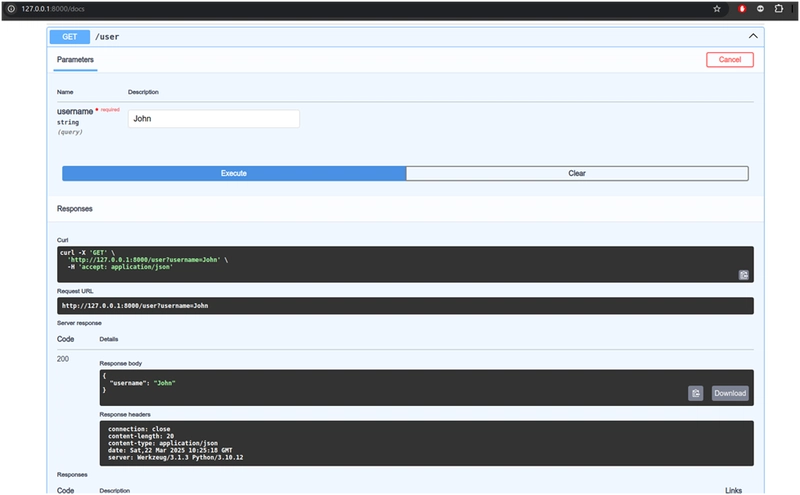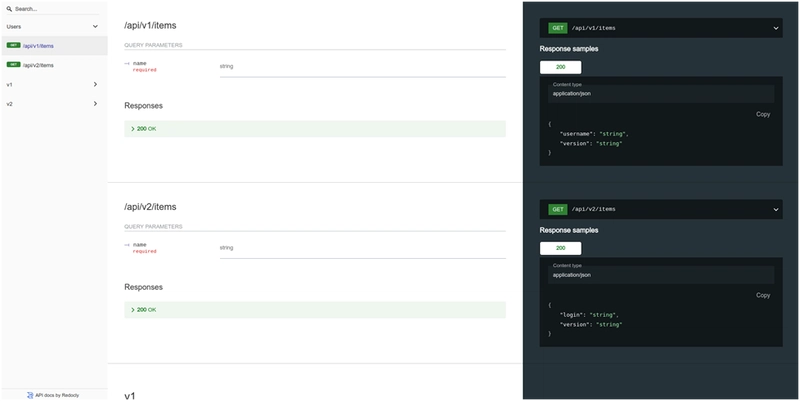Developing APIs is a crucial part of modern software projects, and OpenAPI is the de facto standard for documenting APIs. While FastAPI seamlessly integrates OpenAPI schema generation and documentation, what if you prefer using frameworks like Flask, Falcon, Sanic, or others? FastOpenAPI addresses exactly this need.
What is FastOpenAPI?
FastOpenAPI is a Python library inspired by FastAPI and built upon Pydantic v2, designed to simplify the generation and integration of OpenAPI schemas with virtually any popular Python framework. Importantly, FastOpenAPI uses "proxy routing": you write routes in a FastAPI-like style, and FastOpenAPI automatically registers them with your chosen framework.
Key Features:
- Support for Falcon, Flask, Quart, Sanic, Starlette, Tornado.
- Proxy routing with automatic registration.
- Convenient FastAPI-style API.
- Automatic documentation generation (Swagger UI, ReDoc).
- Strong data validation and typing via Pydantic v2.
How it Works
FastOpenAPI employs a system of adapters (routers), each integrating with a specific framework:
- BaseRouter: Contains shared logic for schema and documentation generation.
- Specialized routers (FlaskRouter, SanicRouter, etc.) extend BaseRouter.
Minimal Flask API Example:
from flask import Flask
from pydantic import BaseModel
from fastopenapi.routers import FlaskRouter
app = Flask(__name__)
router = FlaskRouter(app)
class UserResponse(BaseModel):
username: str
@router.get("/user", tags=["User"], response_model=UserResponse)
def get_user(username: str):
return UserResponse(username=username)
if __name__ == "__main__":
app.run(port=8000)
Go to http://localhost:8000/docs to see swagger for example.

Router Composition
FastOpenAPI supports convenient API structuring through router composition, similar to APIRouter in FastAPI. For example, creating versioned APIs:
from flask import Flask
from pydantic import BaseModel
from fastopenapi.routers import FlaskRouter
app = Flask(__name__)
main_router = FlaskRouter(app)
api_v1 = FlaskRouter()
api_v2 = FlaskRouter()
class UserResponse(BaseModel):
username: str
version: str
class UserResponseV2(BaseModel):
login: str
version: str
@api_v1.get("/items", tags=["Users", "v1"], response_model=UserResponse)
def items_v1(name: str):
return UserResponse(username=name, version="1.0")
@api_v2.get("/items", tags=["Users", "v2"], response_model=UserResponseV2)
def items_v2(name):
return UserResponseV2(login=name, version="2.0")
main_router.include_router(api_v1, prefix="/api/v1")
main_router.include_router(api_v2, prefix="/api/v2")
if __name__ == "__main__":
app.run(port=8000)
Go to http://localhost:8000/docs:

If you prefer ReDoc, you can go to http://localhost:8000/redoc:
Generated Documentation
Once the server is running, documentation is automatically available:
- Swagger UI: http://localhost:8000/docs
- ReDoc: http://localhost:8000/redoc
- OpenAPI JSON: http://localhost:8000/openapi.json
Performance Considerations
The project's repository includes basic benchmarks showing that FastOpenAPI introduces only a modest overhead (approximately 2-5%), which is a small price to pay for robust data validation and automatic documentation.
Who Should Use FastOpenAPI?
- Developers wanting OpenAPI support without migrating from their preferred framework.
- Teams using multiple frameworks seeking standardized API documentation.
Installation and Usage
# Choose installation based on your preferred framework
pip install fastopenapi[falcon]
pip install fastopenapi[flask]
pip install fastopenapi[sanic]
pip install fastopenapi[starlette]
pip install fastopenapi[tornado]
Conclusion
FastOpenAPI is an open-source library that simplifies the addition of OpenAPI specifications to existing Python projects across various frameworks, offering a balance of convenience, flexibility, and performance.
Project Repository:
 mr-fatalyst
/
fastopenapi
mr-fatalyst
/
fastopenapi
FastOpenAPI is a library for generating and integrating OpenAPI schemas using Pydantic v2 and various frameworks (AioHttp, Falcon, Flask, Quart, Sanic, Starlette, Tornado).
FastOpenAPI is a library for generating and integrating OpenAPI schemas using Pydantic and various frameworks
This project was inspired by FastAPI and aims to provide a similar developer-friendly experience
📦 Installation
Install only FastOpenAPI:
pip install fastopenapi
Install FastOpenAPI with a specific framework:
pip install fastopenapi[aiohttp]
pip install fastopenapi[falcon]
pip install fastopenapi[flask]
pip install fastopenapi[quart]
pip install fastopenapi[sanic]
pip install fastopenapi[starlette]
pip install fastopenapi[tornado]
🛠️ Quick Start
Step 1. Create an application
- Create the
main.pyfile - Copy the code from an example
- For some examples uvicorn is required (
pip install uvicorn)
Examples:
The project is still evolving, and I’d love any feedback or testing from the community!











Top comments (0)